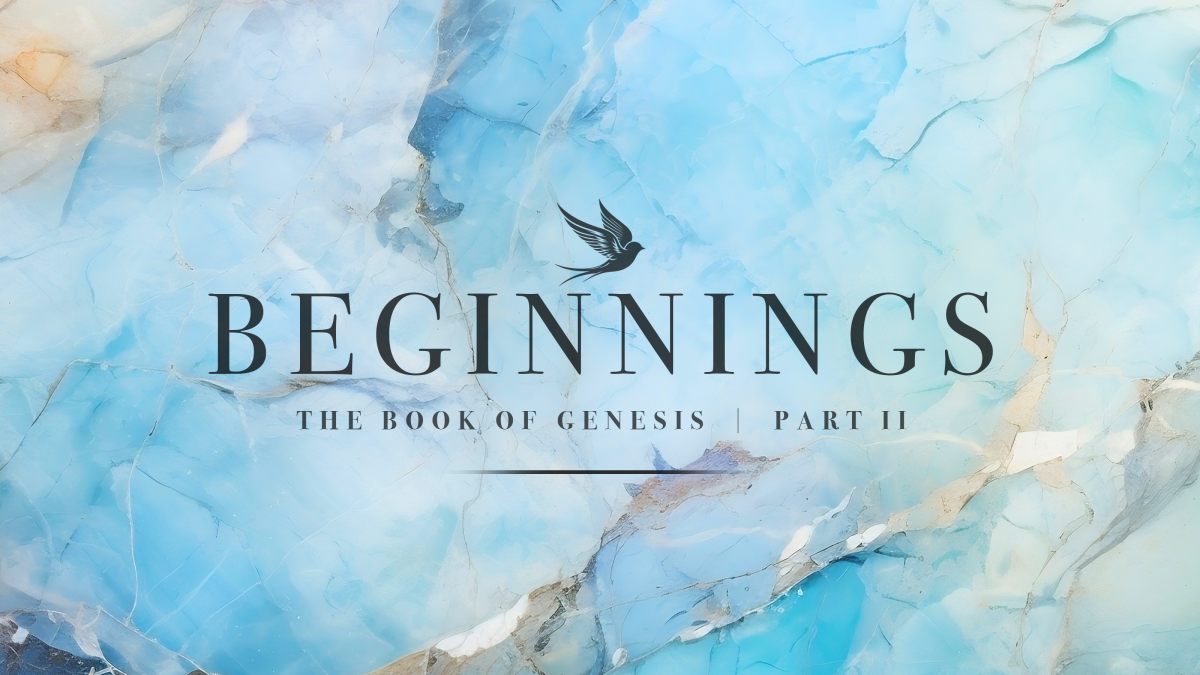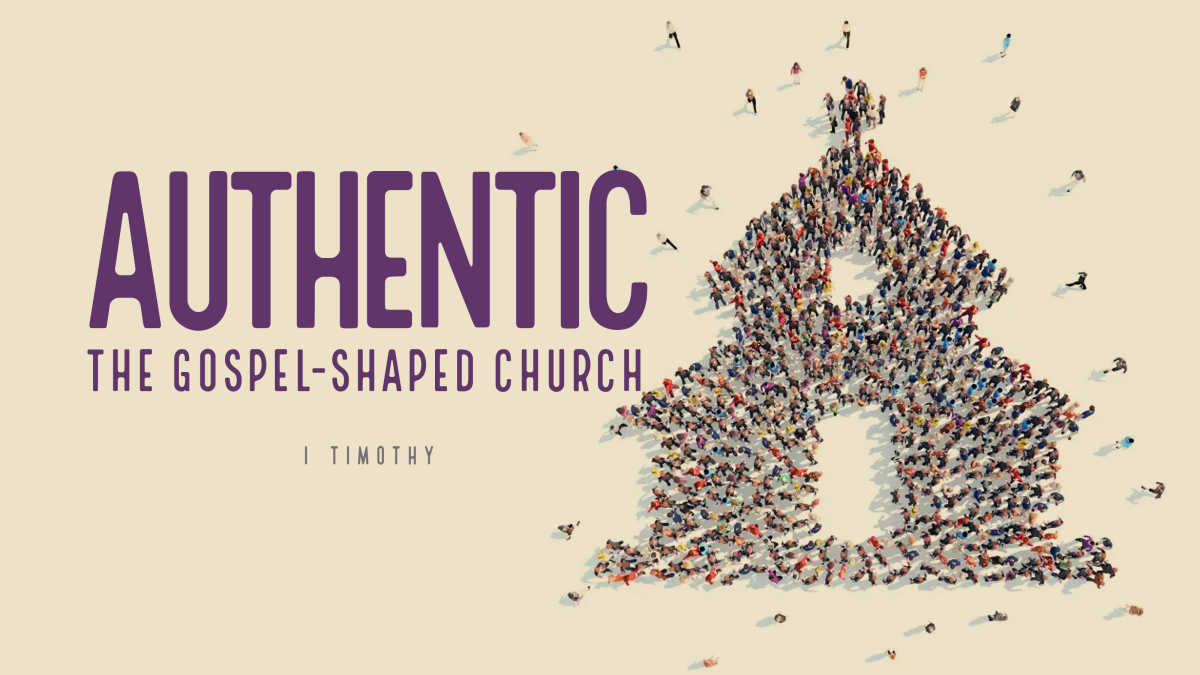Harry Hahne, member of Church on Mill and Professor of New Testament Studies at Gateway Seminary, writes to us on death.
Most people don’t think much about death in their daily life. It briefly enters our thoughts when we go to a funeral, but we quickly go back to life as usual. For most of our lives, we comfort ourselves with the delusion that death is a long time off, so we don’t have to think about it all that much.
But the coronavirus pandemic has raised death to everyone’s awareness. Will picking up groceries or going swimming or visiting a friend expose me to a deadly health risk? Most people are only a few degrees of separation from someone with the coronavirus. Either a friend or family member has been sick with COVID-19 or your friend knows someone who was very ill. Even strong young people have been quickly brought close to death.
The coronavirus has broken the delusion that we are invincible. One thing that you can be certain of is that someday you will die.
Your View of God Affects Everything
How you view death is closely connected to your concept of God. For atheists and agnostics, the 70 or 80 years we have in these bodies is all there is. Most people in the Western world are functionally atheists. They live as if there is no God, even if they say that they believe in one. They desperately want to prolong life and grab all of the short-term pleasure they can. The longing to appear young and healthy drives a massive market of diet products, fitness programs, and cosmetic surgery. Some very rich people seek to cheat death by having their bodies frozen at death, hoping that future medicine can revive them and cure their disease.
If you believe in God, it should transform both your view of death and the way you live. God created us to live in relationship with him. If through Christ we will live eternally after our physical death, then we should invest in things that last for eternity. Followers of Jesus play the ultimate long game. They should not just seek short term gratification. They should develop character that will last for eternity and help others know their Savior, so they may share eternal joy in the presence of God.
Death Was Not Part of God’s Original Design
Do you feel angry when the “grim reaper” steals someone precious to you? This shows that we have an instinctive sense that humans were intended to live forever. The Bible says that death was not God’s original design for humanity.
God created humans to live in an eternal relationship with him in a perfect natural world. The original human couple lived in intimacy with God in the garden of Eden.
But when Adam and Eve disobeyed God, their relationship with God was damaged and they tried to hide from God. Since God is absolutely without evil, he cannot tolerate evil in his presence. Sin always damages our relationship with God.
The “original sin” of our first ancestors set into motion the mess that we inherit. “Sin came into the world through one man [Adam], and death through sin,” (Romans 5:12). Death entered the cycle of nature, so that everything is “in bondage to corruption,” (Romans 8:20-21). Since the world was damaged due to Adam’s sin, life is full of pain, sorrow, and disease, including global pandemics. We are all on a slow march to death.
Disobedience to God brings death in another sense. “The wages of sin is death,” (Romans 6:23). Apart from salvation in Christ, we are spiritually dead: “You were dead in your trespasses and sins,” (Ephesians 2:1). In this sense, death means we are alienated from God, just as Adam and Eve were after their disobedience. We were made to live in a joyous relationship with God, but sin destroys that relationship. We were born alienated from God and every sin that we commit pushes us further from God.
There is also an eternal dimension to spiritual death. Unless a person is saved by faith in Christ, when he physically dies he will be eternally separated from God even more profoundly. This “second death” (Revelation 20:14) includes the sorrow of being eternally separated “from the presence of the Lord and from the glory of his might,” (2 Thessalonians 1:9). Eternal death means banishment from the presence of God, who is the source of goodness, joy, and love. The loneliness of the social isolation due to COVID-19 is a pale foretaste of the agony of eternal isolation from God.
Jesus Broke the Power of Death
Jesus’ death and resurrection changed how Christians relate to death. “The sting of death is sin…. But thanks be to God, who gives us the victory through our Lord Jesus Christ,” (1 Corinthians 15:56-57). Jesus broke the power of sin and its relationship to death. His death on the cross paid for our sins so that believers will not face the eternal second death. His resurrection from the dead conquered death.
Jesus promised, “I am the resurrection and the life. Whoever believes in me, though he die, yet shall he live, and everyone who lives and believes in me shall never die,” (John 11:25–26).
Jesus’ Resurrection Proved His Claims
If Jesus were still in the tomb, death would have defeated him. His resurrection proves that he truly broke the power of sin and death.
Jesus’ resurrection shows that he can deliver what he promises (Acts 17:31; Rom 1:4). Moses, Muhammad, Buddha, and every other religious leader died. But Jesus is alive!
Jesus was not merely resuscitated to normal physical life, like someone who nearly drowned and was restored to consciousness. His resurrection was also a transformation to an eternal body and he now reigns in glory at the right hand of God. His resurrection is the prototype of the resurrection bodies he will give us when he returns.
Jesus’ Resurrection Changed How We Relate to Death
If you believe in Jesus, death is no longer something to fear. Physical death is the door into a glorious life beyond imagination. When we die, we will enter eternal joy in the presence of God and the people who love him (2 Corinthians 5:8).
When Christ returns, the “last enemy” he will defeat is death (1 Corinthians 15:26). Just as he conquered death through his resurrection, he will raise believers from the dead when he comes again. Our bodies will be transformed so they become imperishable and glorious as Christ is glorious (1 Corinthians 15:42-43). “We eagerly wait for a Savior, the Lord Jesus Christ; who will transform the body of our humble state into conformity with the body of His glory,” (Phil 3:20-21). We will never again experience pain, weakness, disease, or sorrow.
The primary Christian attitude towards death is hope, not fear. Biblical hope is not wishing something were true, but confidence about what the future will bring. Since God is trustworthy, we have confidence in the eternal blessings God promises. “We rejoice in hope of the glory of God,” (Romans 5:2). May we echo Paul’s attitude: “I consider that the sufferings of this present time are not worth comparing with the glory that is to be revealed to us,” (Romans 8:18; cf. 2 Corinthians 4:17-18).
Living in Light of Eternity
Death is a certainty. But what happens after your death is determined by your choice in this life. The most important decision you will ever make is to believe in Jesus as Savior and commit to follow him. Your response to Jesus determines whether you will have eternal joy or eternal sorrow after death.
Members of Church on Mill would be delighted to tell you how to live forever in a joyous relationship with God. Each day is another gift from God allowing you an opportunity to turn from sin to God. “The Lord … is patient toward you, not wishing that any should perish, but that all should reach repentance,” (2 Peter 3:9).
If you believe in Jesus as your Savior, you can be certain that you have eternal life (1 John 5:13). Here are some suggestions about how you can live daily in light of eternity:
- Meditate on Scriptures about the biblical viewpoint of life. Matthew 6:19-34 would be a great place to start. 1 Corinthians 15 describes our glorious resurrection bodies.
- Start living the kind of holy life you will enjoy forever in God’s presence. Abandon those sins that you have been tolerating. “Since all these things [evil deeds] are thus to be dissolved, what sort of people ought you to be in lives of holiness and godliness?” (2 Peter 3:11).
- Invest in things of eternal value (Luke 12:15-21). Help others follow Jesus by studying the Bible and praying together. Don’t let the isolation of the pandemic cut you off from Christian fellowship. We are blessed that technology lets us safely connect with people.
- The coronavirus should increase the urgency of telling friends and family members about Jesus. Many people are thinking more about death than in “normal” times. This provides opportunities to proclaim the joyous eternal life that Christ offers.
- When you face difficult times, focus on the comforting presence of God who is always with you. “Even though I walk through the valley of the shadow of death, I will fear no evil, for you are with me,” (Psalm 23:4).
If you believe in Jesus, death is not the end. It is the beginning of a wonderful glorious eternal life!
Harry Hahne, Member of Church on Mill






